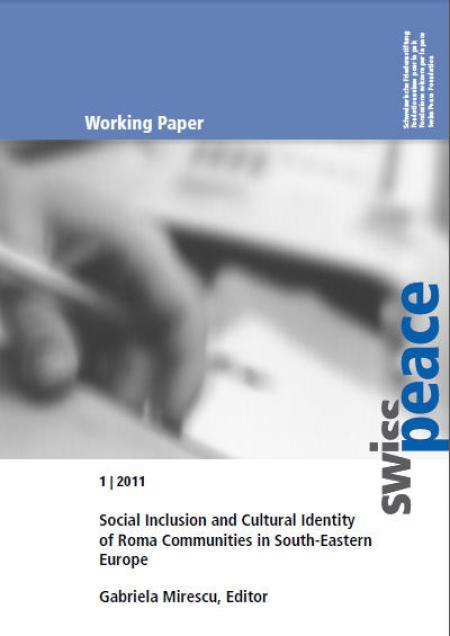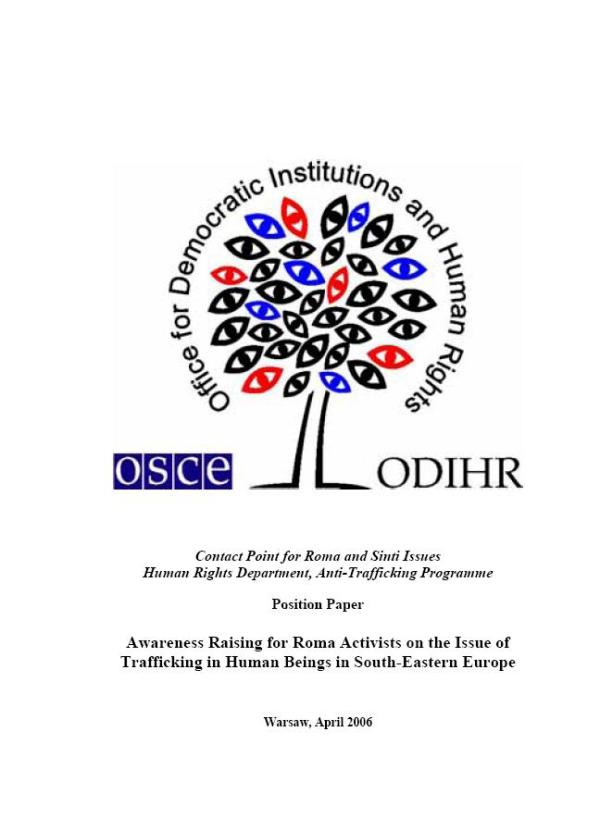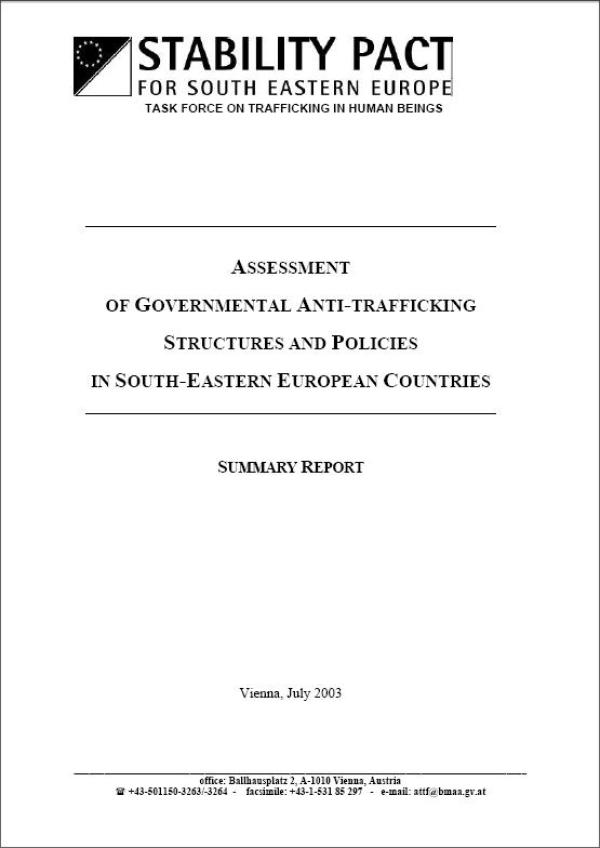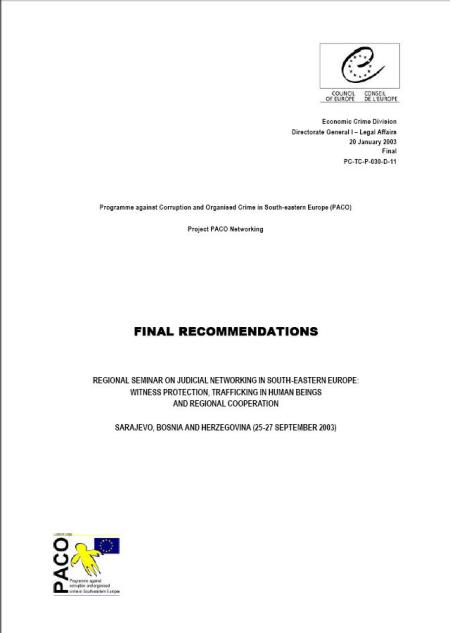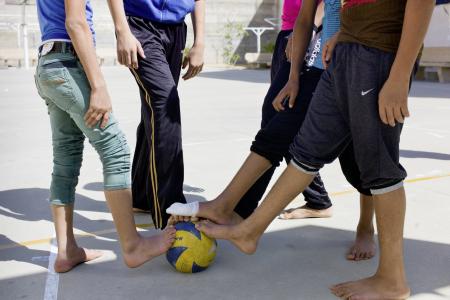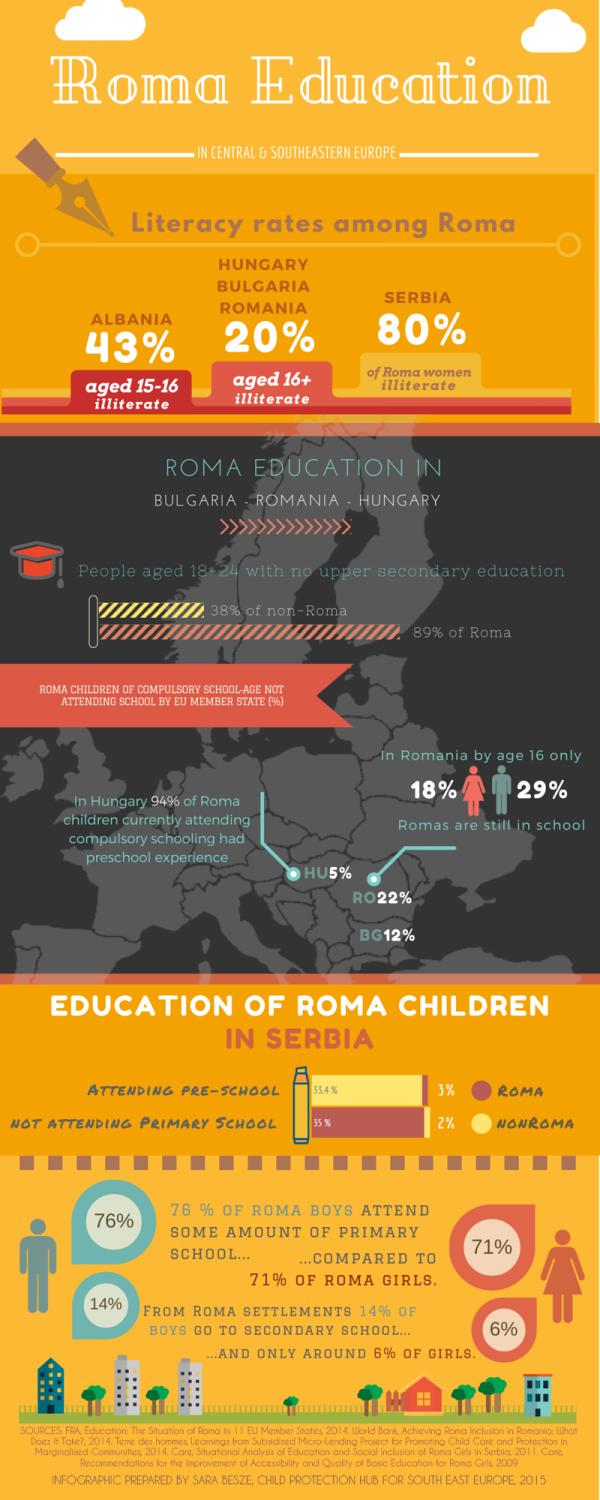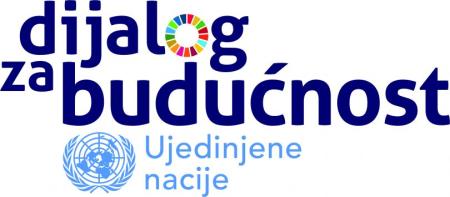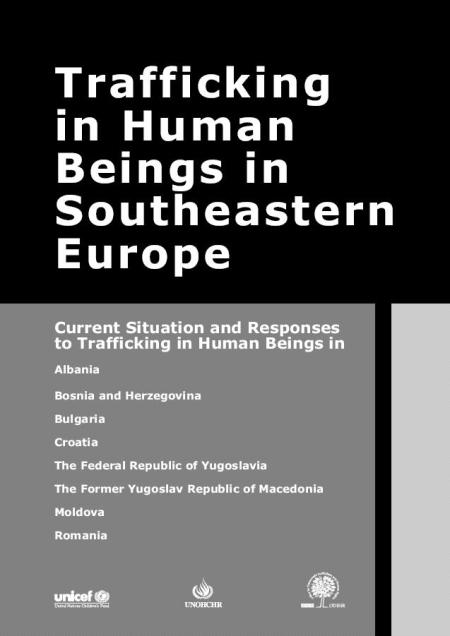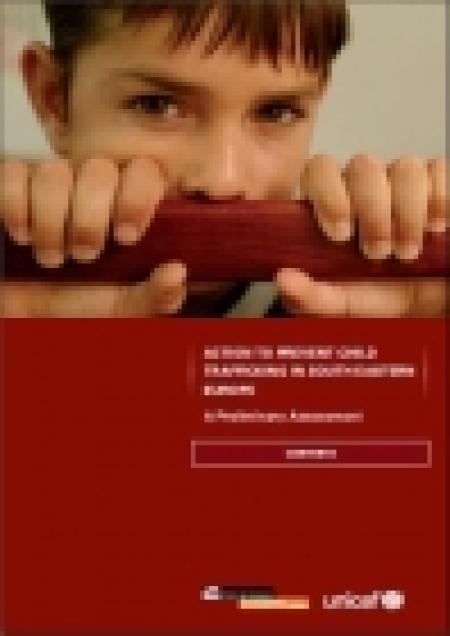
In the wake of the dramatic upheaval in South-Eastern Europe during the 1990s, social and economic conditions of many Roma communities in the region have worsened to the extent that many see migration to Western countries as the only hope for a better life. Although the roots of the problems are old, a new analysis based on new political and social conditions is warranted. Emerging from a series of KOFF (Kompetenzzentrum Friedensförderung) roundtables on “Social Inclusion and Cultural Identity of Roma Communities in South-Eastern Europe”, the publication attempts to shed new light on some essential elements related to the cultural identity of Roma and draw attention to the variety of challenges that confront Roma communities when engaging in the process of social inclusion. Without aspiring to provide a uniform perspective on such a complex issue, the articles selected here analyse and reflect on some recent occurrences relating to social inclusion (or exclusion) of Roma in different countries in the region and explain specific aspects of the cultural identity of Roma as a transnational minority.


